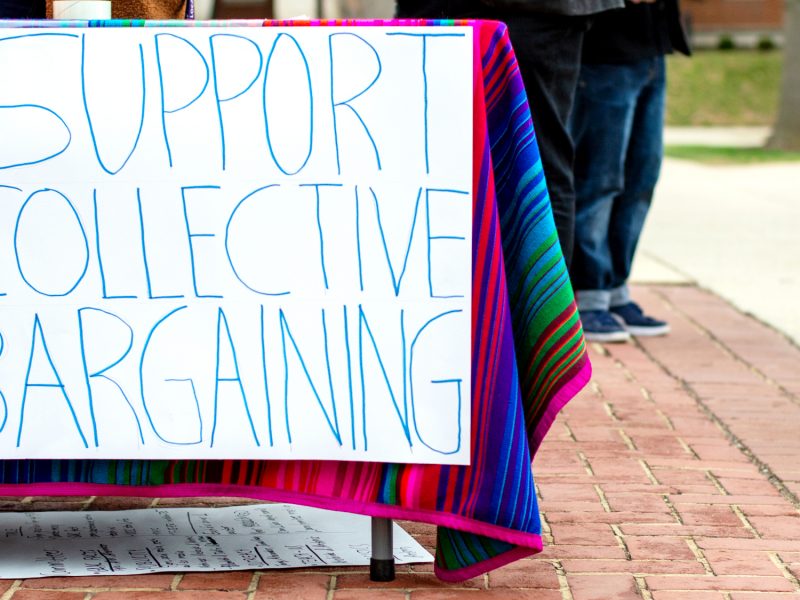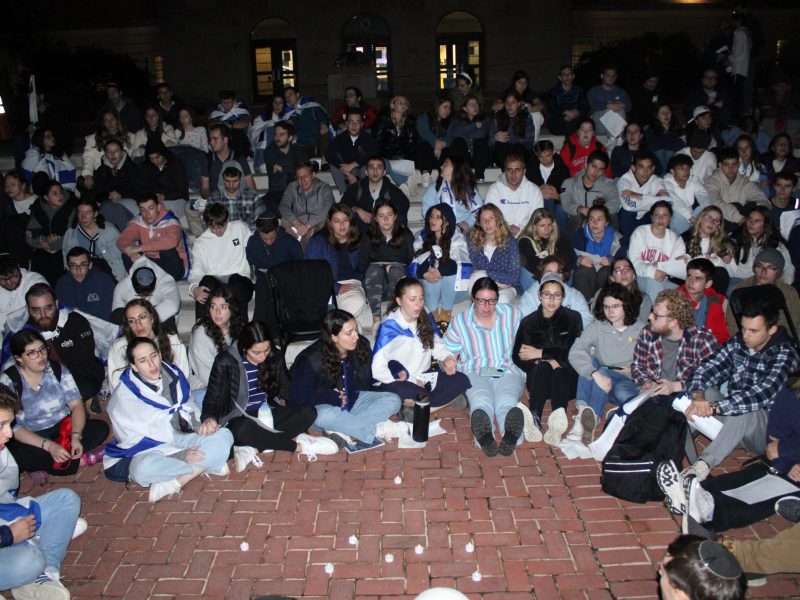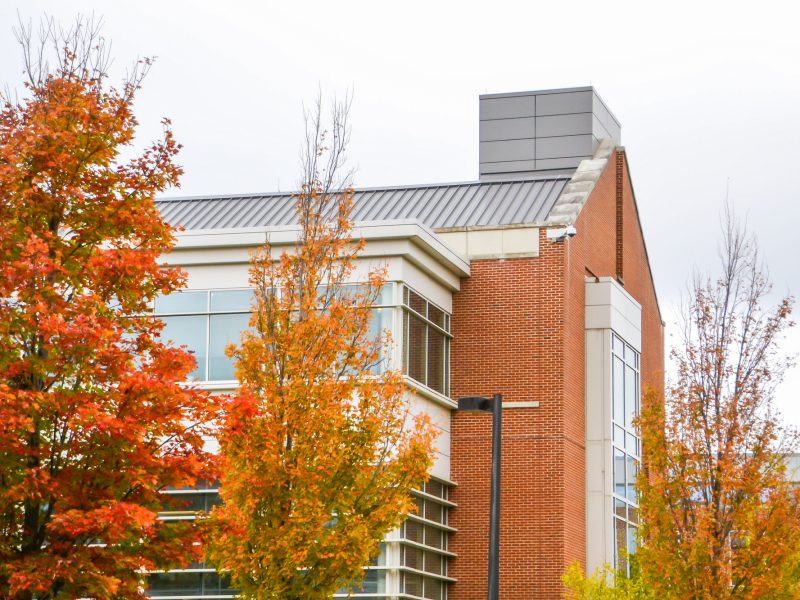Views expressed in opinion columns are the author’s own.
Three years ago, I came to the realization that I’d spent half of my life in a cult.
I was recruited into the International Church of Christ in 2000, at the tail end of my freshman year at the University of Maryland. When I joined the group, I was in a particularly vulnerable stage of my life and the church provided me with exactly what I thought I was looking for: Community, family, purpose.
Alpha Omega Maryland is a student non-denominational Christian club that currently operates on the campus. AO Maryland and similar organizations at other local colleges are overseen by the Capital Rivers Church, which appears on the ICOC’s church locator. AO Maryland’s TerpLink claims affiliation with the Montgomery County Church of Christ, which is the business name for the Capital Rivers Church.
The ICOC has been labeled by many as a dangerous cult and has been banned by several college campuses across the United States. This university needs to join these other schools in banning the ICOC from having any affiliated student group operating on the campus.
The ICOC currently has several lawsuits pending against the body, its former leader Kip McKean and its benevolence arm, HOPE Worldwide. The lawsuits detail how several former female members of the church were sexually assaulted — many of them as minors. When these women reported their assaults to church leaders, the leaders allegedly never reported to the police, shamed the women for enduring abuse, or both.
The lawsuits also detail how the ICOC created a culture of manipulation, pressure and spiritual abuse to extract money from members and force them to recruit more people into the church, under fear of going to hell if they did not comply.
When I was a member of the church, other members and I were required to recruit other students. If we were not actively recruiting, we were considered “spiritually weak,” “uncommitted” and “struggling in our faith.” When I studied the Bible with potential recruits, I explained to them that members of the ICOC were the only “true” Christians and anyone not part of our church was headed toward hell.
Being a member of this church really screwed up how I viewed the world. I couldn’t interact with any non-ICOC member who claimed to be a Christian, including members of my own family, without doubting the veracity of their faith. I couldn’t read any non-ICOC Christian author without wondering if they were “really” saved. I couldn’t listen to any non-ICOC Christian music without thinking, “How could a non-Christian write such beautiful Christian songs?”
I lived with this inner turmoil up until three years ago, when my wife, my children and I finally left.
I could no longer live my life doubting the faith of every Christian who didn’t go to the same church I did. I constantly classified every non-ICOC member I met as hell-bound. I became a Christian to love others, not to judge them. It was destroying me mentally, and I couldn’t take it anymore.
This university has faced controversy over the ICOC and other groups labeled as cults in the past. I cannot speak about any other organization alleged to be a cult, but there is significant evidence that former ICOC members have suffered serious mental, emotional and spiritual trauma.
Entire podcasts, websites and documentaries have spelled out the dangers of the ICOC. Former members of the group have even contemplated suicide. Learning about the plethora of ways the ICOC has damaged people’s lives should inspire anyone to want nothing to do with it — especially the university officials charged with keeping students safe.
College is a time when students learn new things and expand their minds. They should never have to worry about joining an organization that will make them believe anyone not part of the group is headed toward hell, discourage them from spending time with non-members and make them feel like a failure for not recruiting new believers.
No one attends college with the intention of joining a cult. Banning alleged cults and organizations related to them from operating on the campus is a big step toward making that intention a reality.
This university has a responsibility to protect its students from groups that will likely hurt them. Yet a student organization related to the ICOC is still permitted on this campus. How much evidence is enough before this university bans this harmful organization?
If this university can spare any students from going through what I and others went through, it must do so. Ban organizations such as the ICOC from having a student group on the campus.
Russell Miles is an alum who graduated in 2003 with a B.A. in Sociology. He can be reached at rmiles03@gmail.com.



